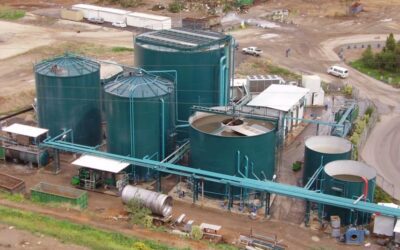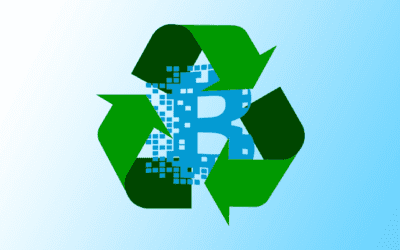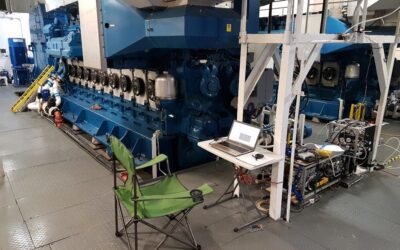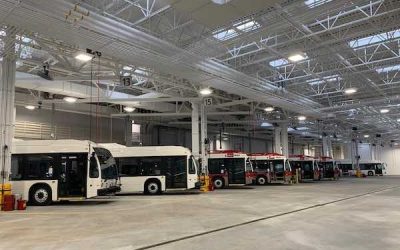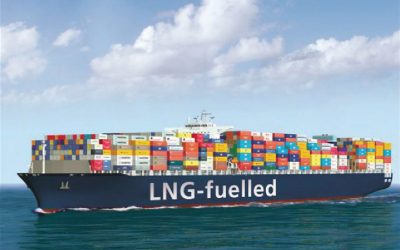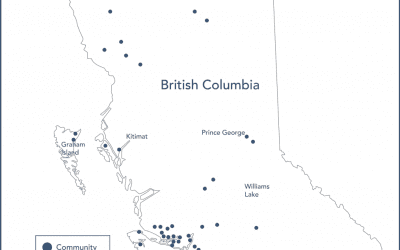National Gas Futures
Publications
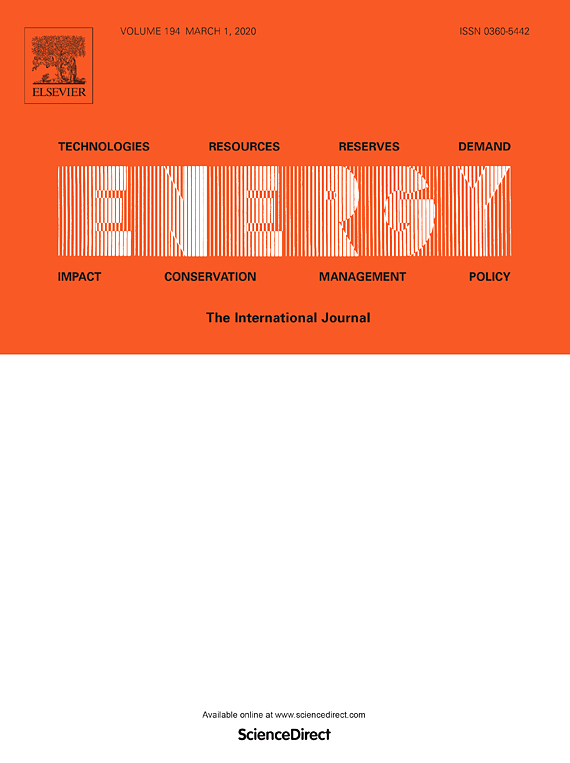
Wang, Z.
Energy 190, 2020, Article 116412
Non-equilibrium Thermodynamic Model for Liquefied Natural Gas Storage Tanks
Compared to vertical tanks and under dynamic operating conditions, horizontal storage tanks can hold LNG for longer periods without methane release to the atmosphere…
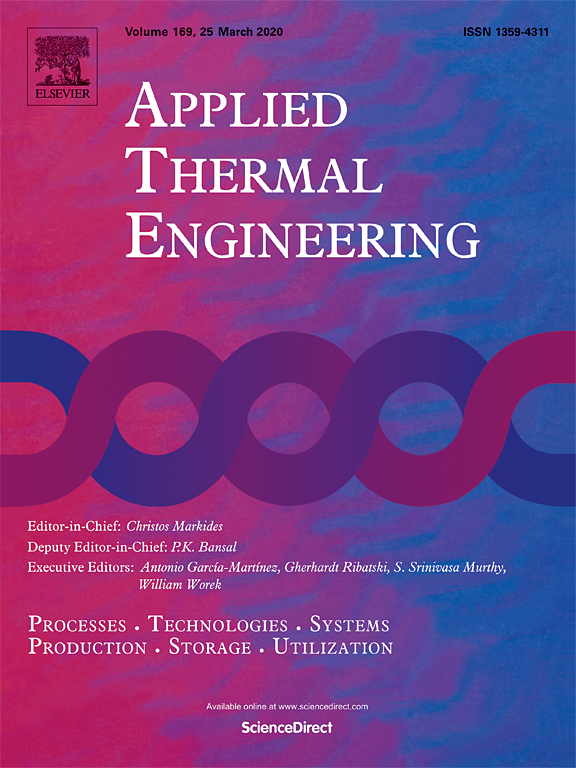
Sharafian, A.
Applied Thermal Engineering 162, 2019, Article 114313
Liquefied Natural Gas Tanker Truck-to-Tank Transfer for On-road Transportation
This study investigates six methods used to offload LNG from a tanker truck to an LNG refueling station and their contribution to methane emissions…
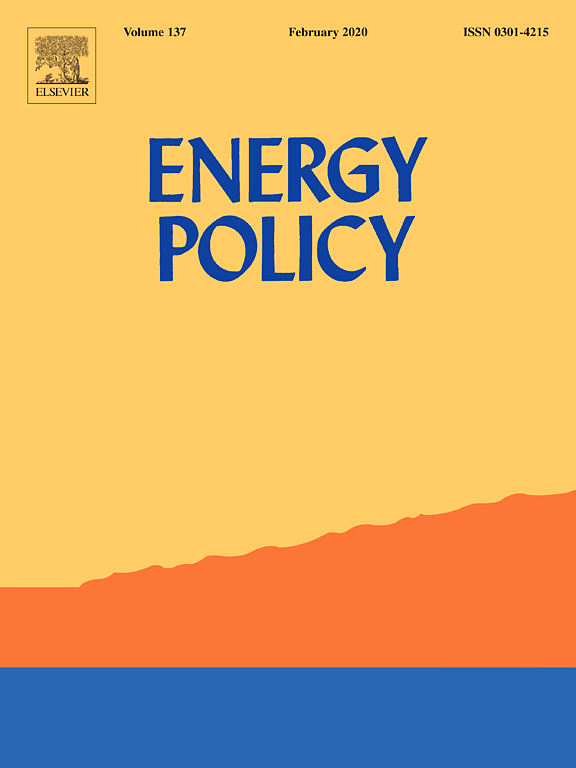
Sharafian, A.
Energy Policy 131, 2019, 332-346
Natural Gas as a Ship Fuel: Assessment of Greenhouse Gas and Air Pollutant Reduction Potential
This study uses a life cycle assessment to compare emissions from domestic and imported liquefied natural gas (LNG), and heavy-fuel oil (HFO) for marine shipping…

Speirs, J.
Progress in Energy 2, 2019
Natural Gas Fuel and Greenhouse Gas Emissions in Trucks and Ships
This paper documents a systematic review of literature detailing well-to-wheel/wake greenhouse gas emissions and economic costs in moving from diesel and heavy fuel oil to natural gas as a fuel for trucks and ships…
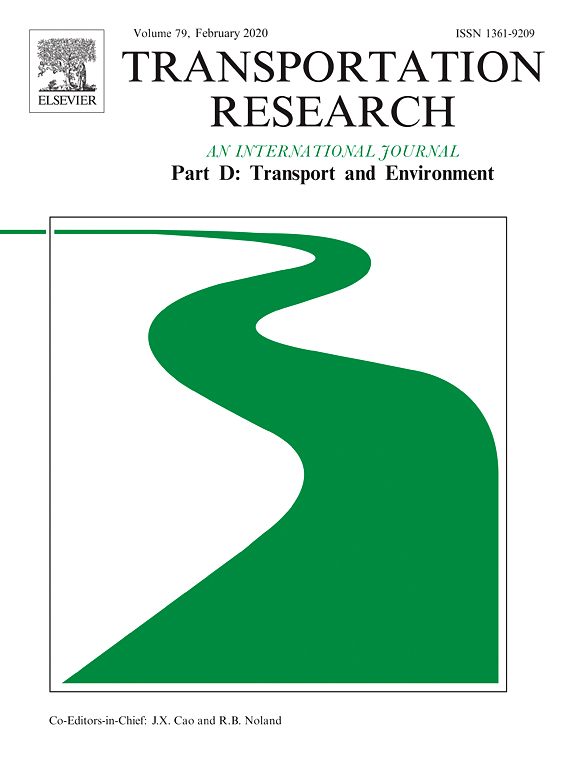
Sharafian, A.
Transportation Research Part D: Transport and Environment 69, 2019, 123-140
Policy Implications of Liquefied Natural Gas Use in Heavy-duty Vehicles: Examples in Canada and British Columbia
This study investigates the greenhouse gas (GHG) emissions from diesel-and liquefied natural gas-fueled (LNG) heavy-duty vehicles (HDVs)…
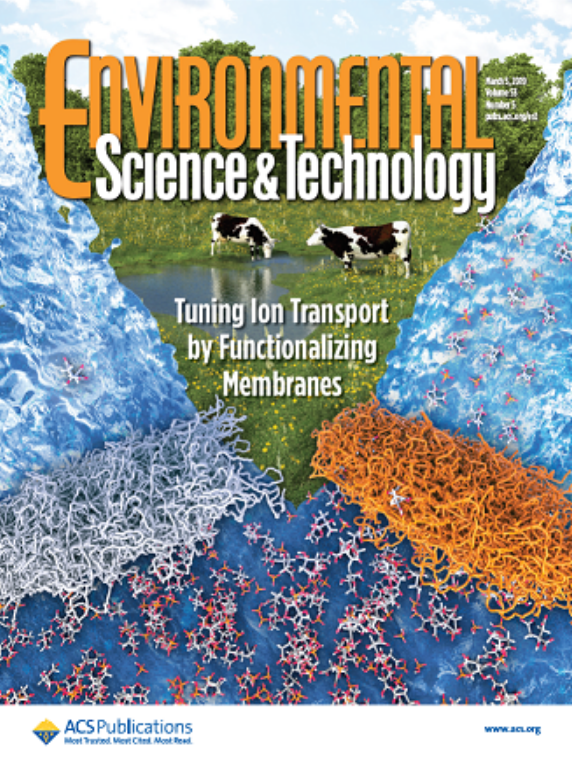
Sommer, D.
Environ. Sci. Technol 53. 2019, 2892-2899
Characterization and Reduction of In-Use CH4 Emissions from a Dual Fuel Marine Engine Using Wavelength Modulation Spectroscopy
In-use exhaust stream CH4 emissions from two dual fuel marine engines were characterized and strategies for CH4 reduction were identified and evaluated…

Speirs J.
Sustainable Gas Institute
Can Natural Gas Reduce Emissions from Transport? Heavy Goods Vehicles and Shipping
The aim of this white paper is to examine the evidence surrounding the use of natural gas as a transport fuel to address greenhouse gas and air pollution emissions in trucks and ships….
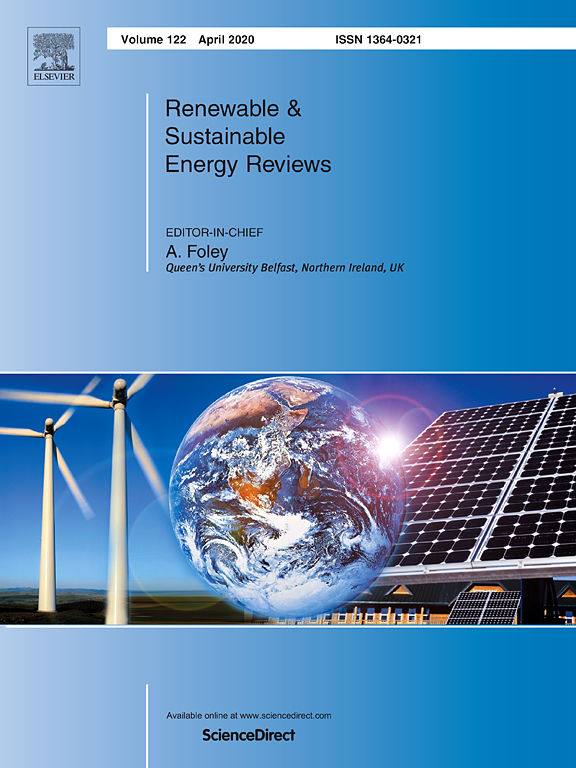
Sharafian, A.
Renewable and Sustainable Energy Reviews 69, 2017, 503-513
A Review of Liquefied Natural Gas Refueling Station Designs
In this study, different onboard LNG tank architectures are discussed, and the design strategies for LNG conditioning and BOG management technologies employed in LNG refueling stations are analyzed…
Natural Gas Futures Research
Organic Wastes to RNG and Biochar
We are proposing an integrated AD-pyrolysis system coupling pre-treatment, AD...
Application of Blockchain Technology in the Clean Energy Sector
Distributed ledger technology, also known as blockchain, can potentially...
In-use Engine Emissions Mitigation
Reducing the greenhouse gas (GHG) emissions from modern energy systems is...
CNG vs Battery Electric Buses in Alberta
Municipalities are evaluating the potential for low emissions solutions to...
LNG as Ship Fuel White Paper
Shipping is a significant contributor to global air pollution and greenhouse...
Micro Liquefaction Technologies
Long transportation distances make LNG uneconomical for remote communities and...
Why Collaborate with Natural Gas Futures
Natural Gas Futures actively collaborates with a wide range of partners and is eager to develop new partnerships that will facilitate the environmental and economical use of natural gas fuel. We are committed to providing viable technologies and solutions in the context of our partners needs and constraints.


